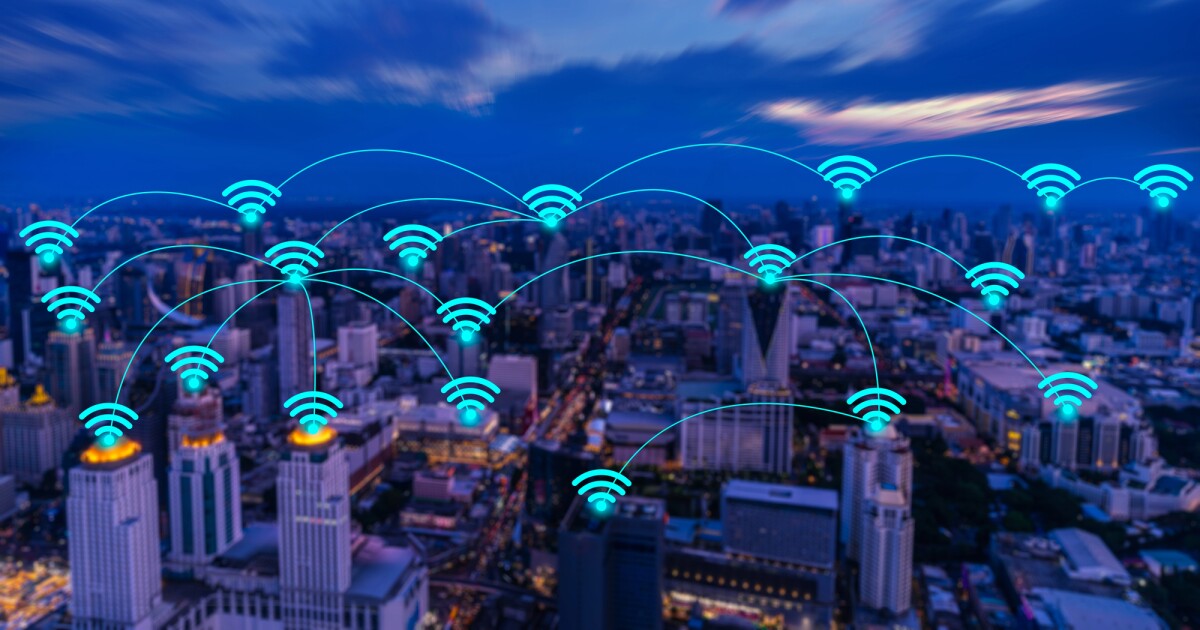Tech
Wireless data speed record closes in on 1 Terabit per second

Slow Wi-Fi is a modern bugbear for many people, but thankfully we might soon be cranking those speeds up. Scientists at University College London (UCL) have set a new world record in wireless data transmission speeds, sending a blistering 938 Gigabits per second (Gbps) over the air through a combo of radio and light technology.
Wireless data transmission is more convenient than running cables everywhere, but it does tend to be substantially slower than using optical signals in fiber. Currently, 5G maxes out at 20 Gbps, but usually only delivers a few hundred Mbps at most in real world settings. Wi-Fi 7, the latest version of that wireless tech, only goes up to about 40 Gbps.
But for the new study, the UCL team has greatly increased the upper limit on wireless communication speeds, closing in on the 1-Tbps milestone. Their record is about 30% faster than the previous wireless speed record, set by a Japanese team just a few months ago.
To put the new record in terms that are easier to visualize, at a speed of 938 Gbps, you could download a two-hour movie at 4K resolution in about a tenth of a second – try to pull the same stunt on a regular 5G connection and you’d be waiting 19 minutes.
The trick to this speed boost was to combine multiple wireless technologies into one, which allows a much wider bandwidth. The UCL team transmitted their data over a frequency range of 5 to 150 GHz, spanning more than five times the previous wireless transmission world record.
Signals between 5 and 75 GHz were generated using high speed digital-to-analog converters. Frequencies between 75 and 150 GHz, meanwhile, were produced from light-based radio generators. Spreading out the signals across a wider bandwidth helps to avoid congestion too, the team says.
On pure speed terms, there’s still no competition with fiber optics – the overall data transmission record remains at a mind-boggling 22.9 petabits per second, which is 22.9 million Gbps. That’s useful for channeling data across continents and oceans, all the way to individual homes and buildings. But the bottleneck usually comes in those last few meters, across the gap from your router to your phone or other devices. Boosting wireless speeds will improve everyday use cases for devices.
The research was published in the Journal of Lightwave Technology.
Source: UCL



![You should change these Android 15 features now [Video] You should change these Android 15 features now [Video]](https://i0.wp.com/9to5google.com/wp-content/uploads/sites/4/2024/10/Android-15-logo-1.jpg?resize=1200%2C628&quality=82&strip=all&ssl=1)






